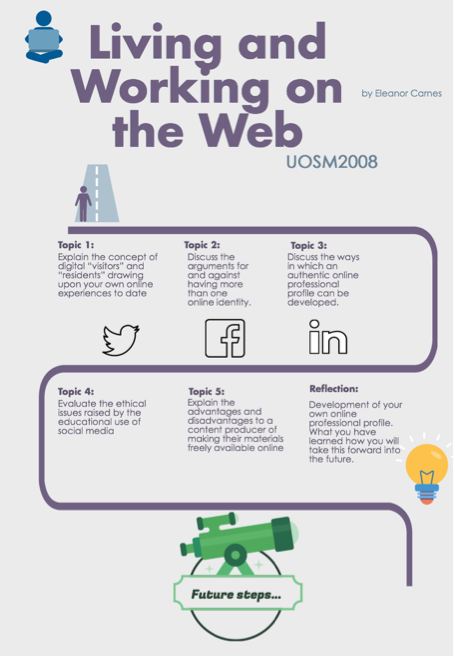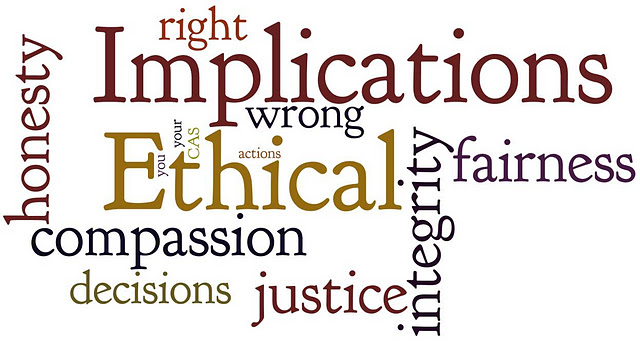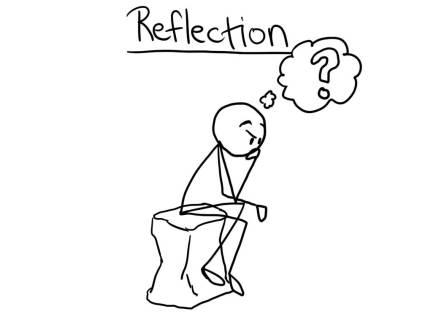
I have to admit I completely underestimated this module in so many ways. Firstly, I personally have always struggled with my writing due to my dyslexia. I dreaded the thought of my peers reading my blog and judging me on this. However, this blogging experience has made my confidence levels sky high and I no long feel anxious about this aspect. This new confidence has enabled me to enhance my online professional profile on Twitter, LinkedIn, WordPress and Instagram. It has also taught me how your digital profile can be adapted to different audiences whether it being personal, academic or professional. Some content which may be suitable for your personal profile, may be completely inappropriate for your professional one! Therefore, I have also been given an in depth insight into the importance of making accounts private.
Please watch the video below for a quick topic overview:
My Progress
- A significant change would be how I adapted my privacy settings and became more aware of the dangers of this.
- I decided to create a LinkedIn profile to enhance my digital profile and become a more frequent tweeter! I believe social media is the future for education. At first, the thought of tweeting a lecturer a question rather than emailing seemed strange. However, this process worked amazingly! All students received quick responses to their concerns and queries while maintaining a respectful communication environment.
- Another valuable aspect of this module was gaining the skill of scanning the web for appropriate and authentic resources which would add value to my blog. I also learnt to build upon youtube videos, websites, other peoples’ blogs and google scholar. Therefore the most relevant and up to date information was found.
- Consequently, this was then implemented into my own visual aids to create an interesting and creative blog. Before this module, I had never even heard of Pikochart, Powtoon and Haiku deck. I know for certain these skills will help me throughout my degree in Marketing and I can hopefully demonstrate them in my summer Marketing internship at Revlon!

The next steps….
I look forward to continue to blog particularly throughout my next year of university. I enjoyed interacting with other students and considering their opinions and views. I will also be far more cautious about what I am posting on social media as the this module has heightened my awareness of this issue.
My time management has been challenged throughout this module, due to weekly deadlines and targets (luckily I have been able to stay within them). Out of all the modules I have taken at The University of Southampton, I strongly feel this one was the most valuable as it not only has given me confidence in expressing myself through blogging. But has also opened my eyes to a completely new platform of education, which I will continue to utilise past university.
An amazing experience and I would recommend blogging to everyone!
Word Count: 490








